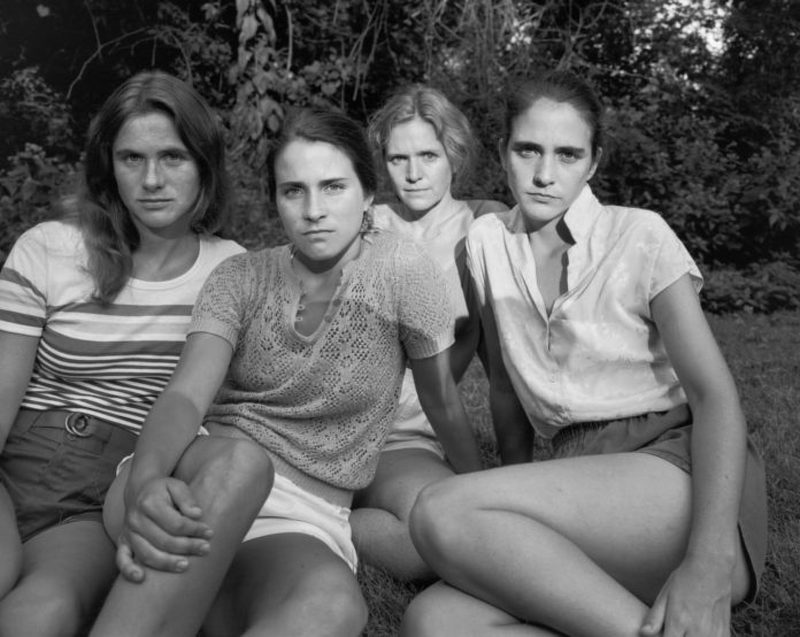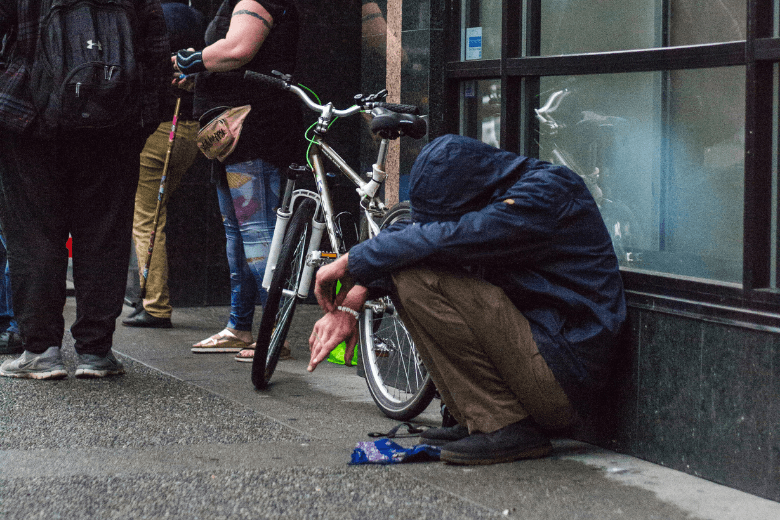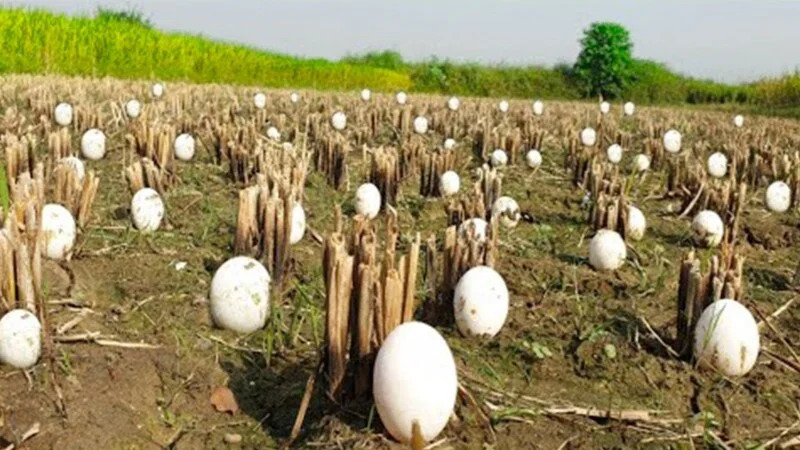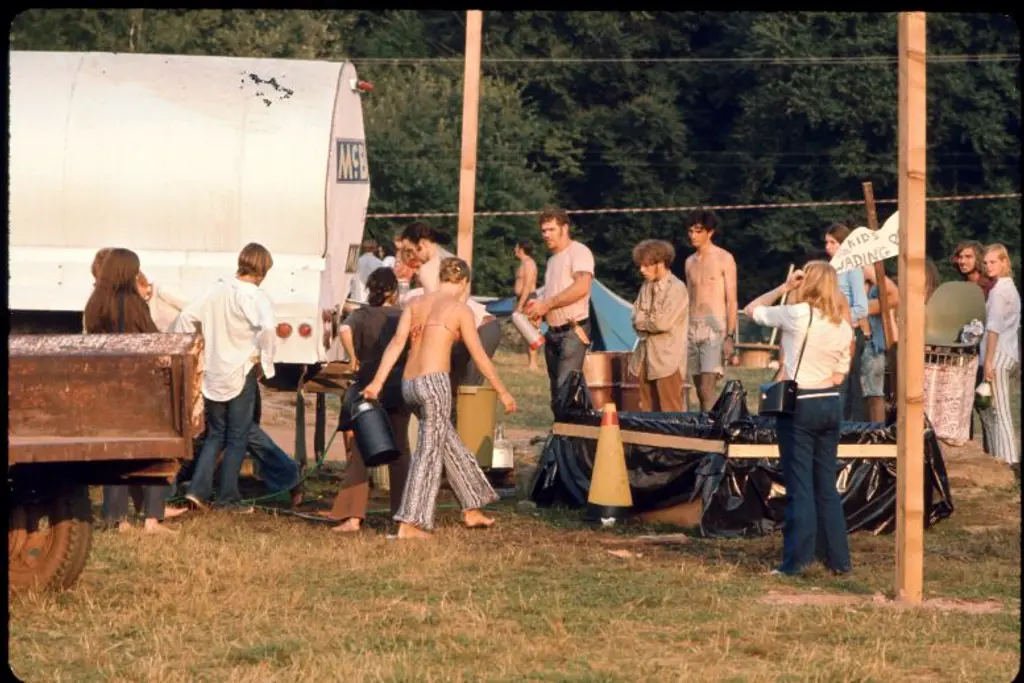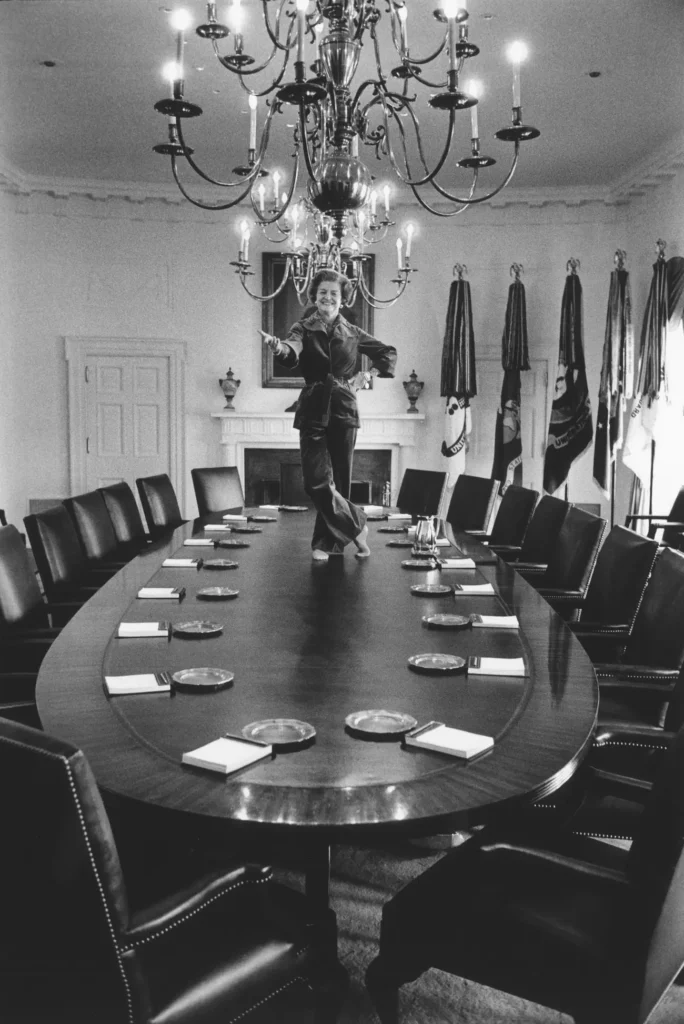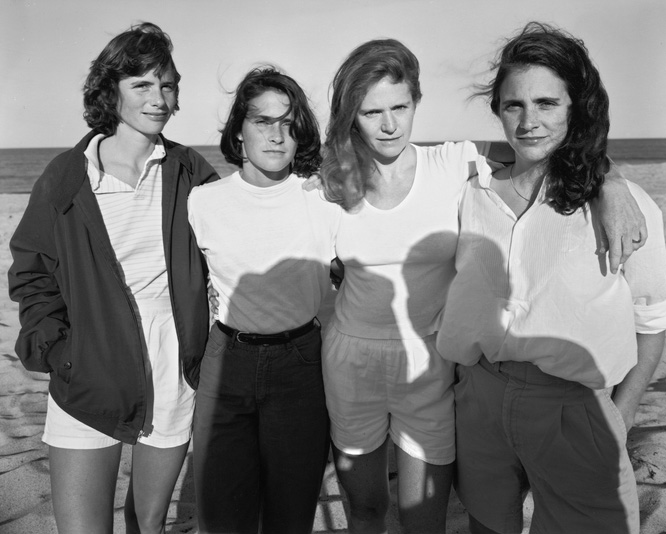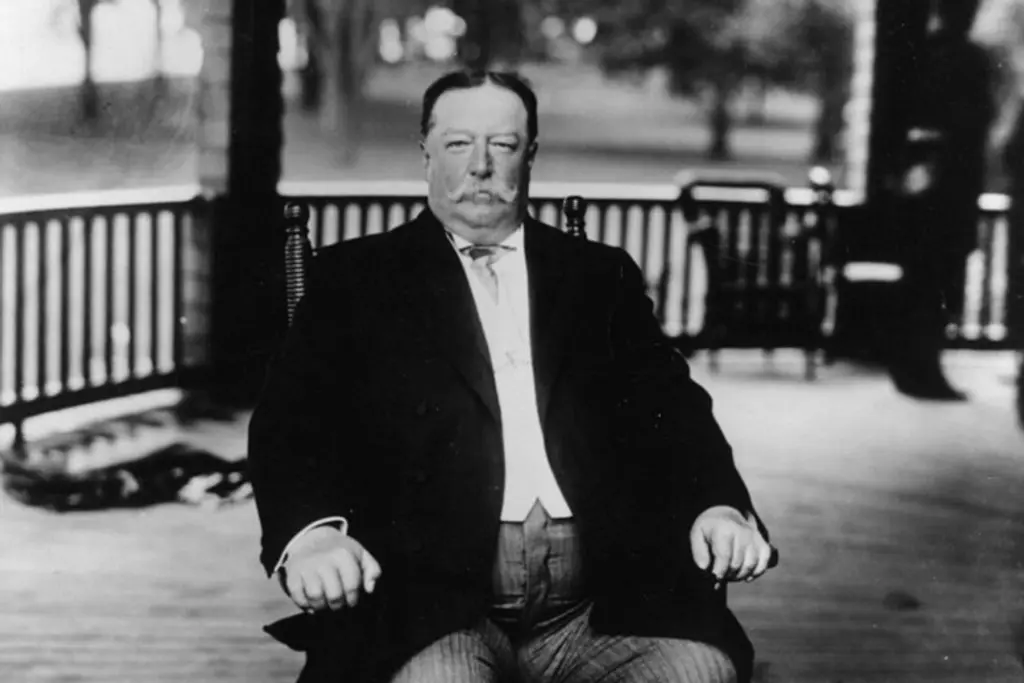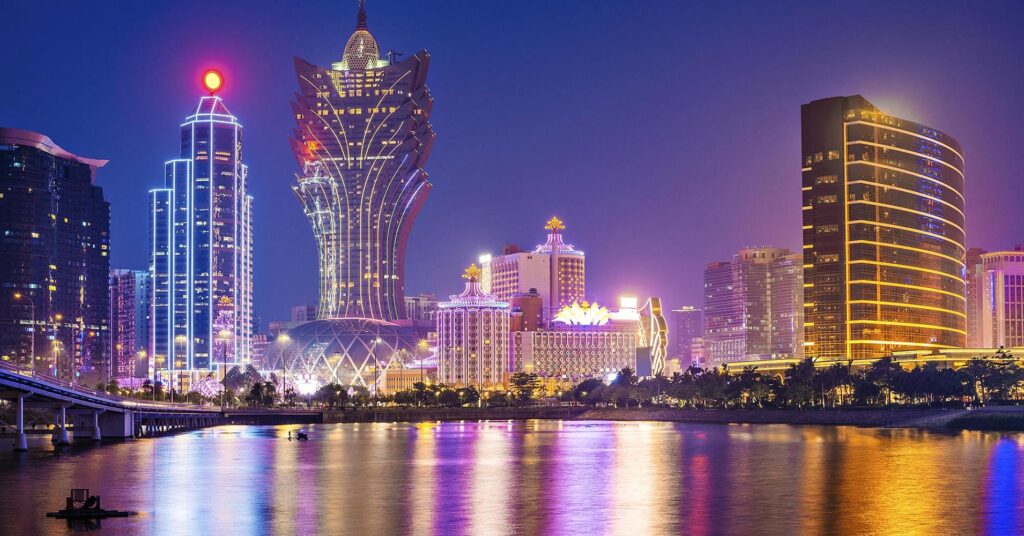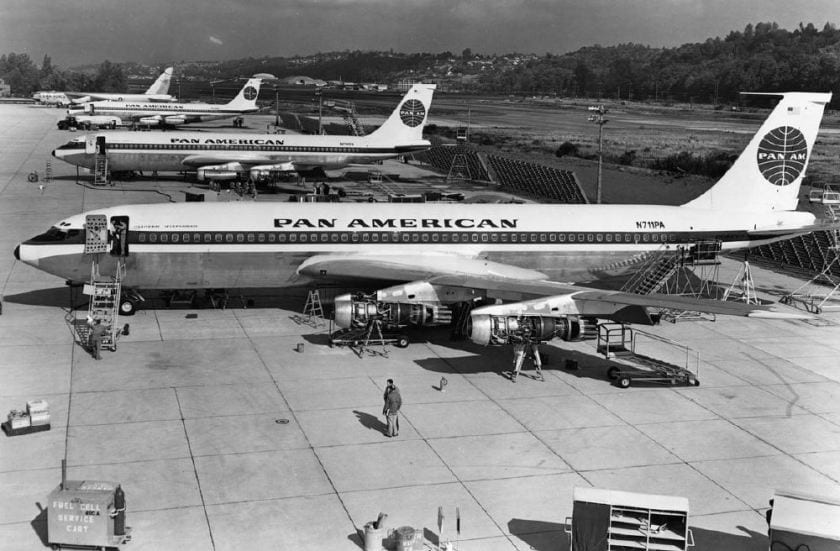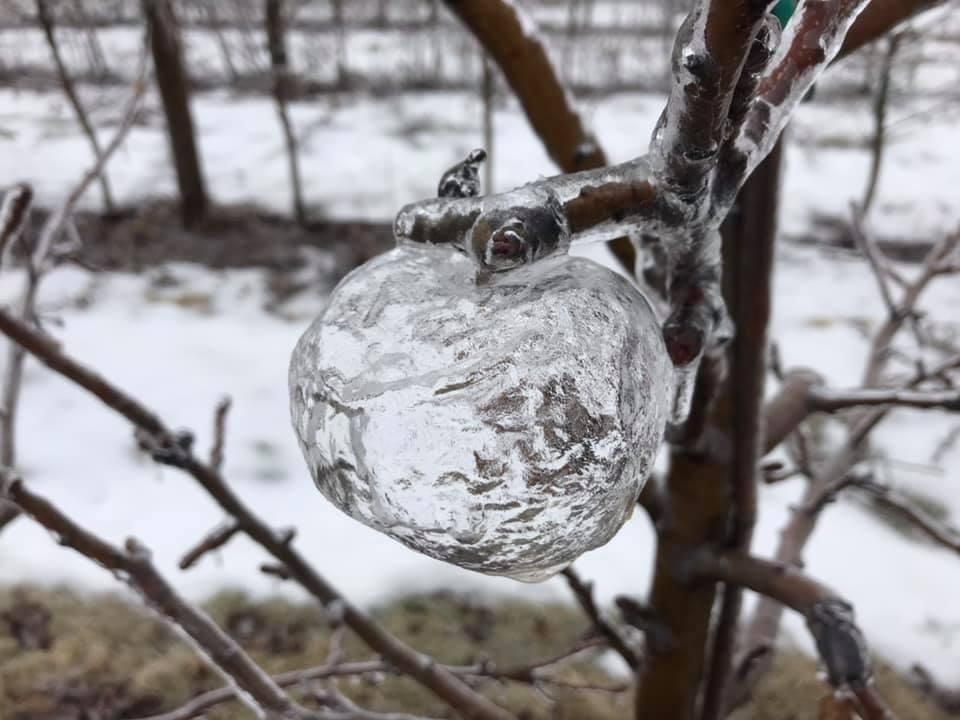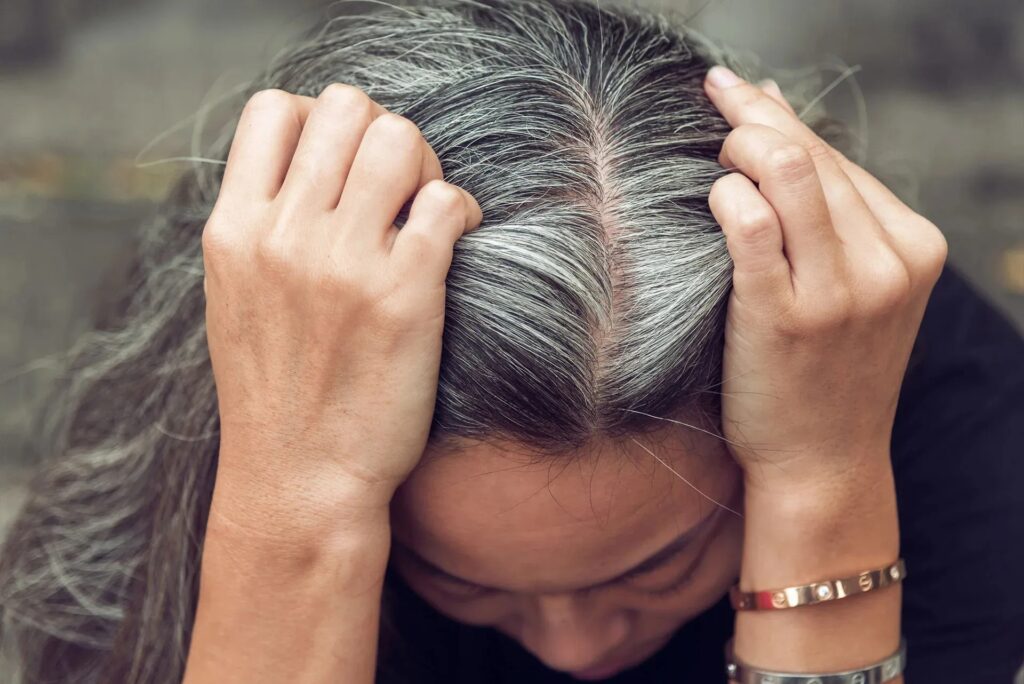The 21st Century Plantation
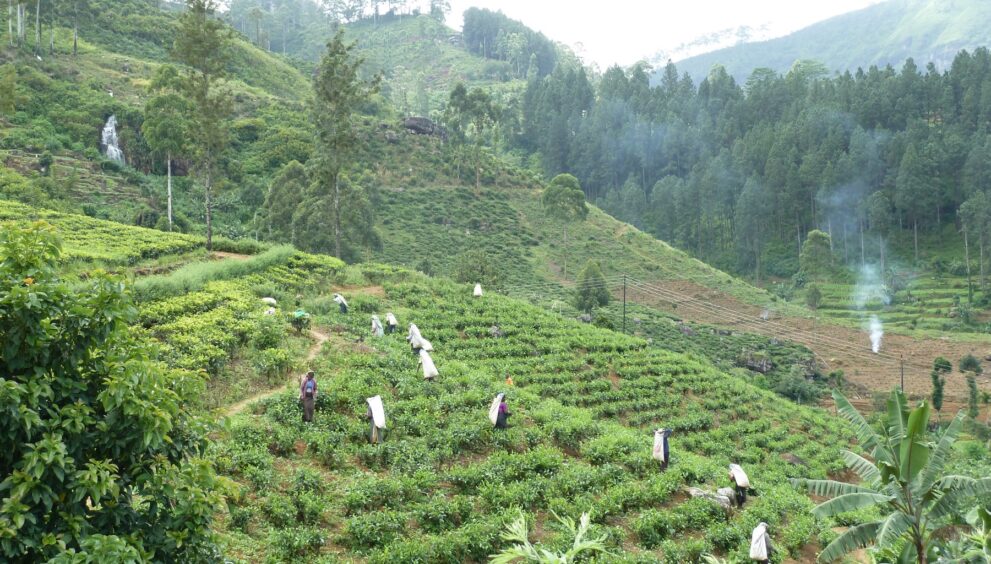

Behind the gleaming tourist shop, windows selling ‘handcrafted’ gift boxes lies a much harsher truth than the pretence of interest in the process of tea production.
Behind the gleaming tourist shop, windows selling ‘handcrafted’ gift boxes lies a much harsher truth than the pretence of interest in the process of tea production and the obligatory purchase of a convenient gift for those loved ones back home. That is the lives of the families living out of sight of tourists on the Bluefield Plantation, residing in the hill village of Ramdoda, located in central Sri Lanka. In a country dominated by the majority Singhalese government this Tamil community, like many others have been left defenceless by the state allowing them to be preyed upon for use as cheap labour which has lasted generations. A lack of wealth generated by the minuscule wages they receive, twinned with limited educational opportunities leads to the cyclical entrapment of poverty.
When offered the chance to visit the community living within Bluefield plantation by the daughter of a tea picker, who was given over to adoption 22 years ago to an English family due to this very poverty I was hit with feelings of both allure and apprehension at such an opportunity to meet a community almost trapped in time, living on a tea plantation in the 21st Century. As a man from the West, meeting local people living directly outside of the tourist industry is a challenge as so much of the country now relies on the industry (around $3.2 billion of its GDP)[1]. Mass swathes of its coastline and lush interior have now opened up to visitors for a premium after decades of war. Despite an end to this fighting, there have been communities, notably of the Tamil ethnicity who were fighting for their independence during this period, who have shared no such gains in the opening up of the island to tourism. When comparing the prices of a simple meal in hotspots such as Trincomallee or Arugam Bay to that of the wages provided on the Bluefield Plantation the difference is staggering; an average tea picker (whom all are women) would have to work an average of 2 days per meal.
When thinking of modern day farming techniques you wouldn’t usually think off a traditional plantation system that relies heavily on labour intensive methods, yet what initially strikes upon entrance to Bluefields is the likeness of it when compared to traditional plantations from the colonial period in centuries gone by. The remnants of this colonialism of which Sri Lanka was influenced on a large scale with the British import of tea and rubber are very much present here and it seems that it has only been reinstated into the hands of newly domesticated power structures leaving communities reliant on the employment of tea production sites, leaving them susceptible to maltreatment.
As I entered the Plantation there is a sense of irony when comparing the apathetically named ‘unit’ to the beautiful foothills that make up the land between Kandy and Nuwara Eliya, not to mention its 4 starred TripAdvisor rating. It is just one of many plantations owned and ran by the state. Here the economic use of these people’s lives becomes the most important facet to those policy makers. This initial symbol of subversion set the tone for a day when I was constantly reminded by residents of the hardships and injustices they tackle on a regular basis, such as the quota based pay system. Met by the mother of the family I was to stay with for the day, a smiling and gentile woman yet frail and blind in one eye and her daughter Pushpallalita, a woman of 25, I am introduced to the nature of conditions on the plantation and the quality of life becomes quickly evident. Upon entrance to the site from the A-road which connects the two major hill country towns of Kandy and Nuriwya-Elia, the road turns into a path of mixed dirt, rubble and pot holes due to constant erosion from the yearly monsoon rainfalls. The state of disrepair I am informed is down to a lack of state investment as I am told since its construction in 1980 there have been no efforts to improve its condition, leaving the women to carry large sacks of tea down dangerously steep inclines. Taking the 3 wheeler up the path was fun for a moment, yet thoughts to your safety are never far from your mind as you wind around cliff edges. Taking your mind off the arduous track however is the breath taking natural beauty that is so characteristic of the Sri Lankan hill country: terraced fields of tea and other crops are met by mountain peaks while in the distance valleys lock in crystal blue lakes.
The tea laden fields are dotted by busy hands of the women hurriedly grasping at the leaves with speed that I can only imagine years of work can master. We pass pockets of homes that are no bigger than a common garage, yet I am met with smiling faces, waving hands, children’s laughter and cries of “WHITE MAN!” as this stranger enters their village. The irony of such inequality being located in such a place is present here as it is in many places of the third world and it poses a question I have asked myself on many occasions; why does it seem natural beauty is sacrificed for the ‘enhanced’ standard of living that has been created in the west?
Upon entering the area where their home was situated I was met with a multitude of people curious, yet happy to welcome me along with several children chasing dogs and chickens around a small courtyard-like area. People’s homes here are not in as bad a shape as the road they encircle due to self-preservation, a great quality present in the people and community of Bluefields, however upon entering their home the poverty these people endure is easy to see. The home itself is split into two rooms, the front one being furnished with 2 plastic chairs, a small TV and a few simple pieces of furniture. The bedroom come kitchen is made up of a single bed for two people, a common occurrence in many homes I was welcomed into and a simple 2 hob gas stove for cooking the basic foods off eggs and noodles. The wash area was a communal and to see it we had to visit a neighbour to bizarrely get the key from a young girl around the age of 5. Inside shocked me, there was a paddling pool being filled with a house pipe that seemed to be spouting more water violently across the room than into the makeshift bath. This was all shared by around 10 houses, by people of both genders and age. What is baffling is that tea production accounts for around 65% of agricultural exports in Sri Lanka and 10% of its workforce yet signs of welfare for its employees minimal.
Whilst I was in their home a strange atmosphere was brought about by what I can only describe as the embarrassment they felt towards showing me their home, as they repeatedly stated, with nervous smiles “house very small, no?”. It was difficult to reassure them everything was perfect and at times their embarrassment leaked onto me as I felt they noticed my futile attempts to pretend it was a normal sight for myself. Charmingly the room was filled with pictures, trophies and books of the daughter’s younger days showing how these people create a normal family and community structures despite their adversity. A moment I will never forget was when many members of their extended family and neighbours came to introduce themselves to me as I ate my food making for a peculiar few moments as I was watched munching down my food as if it was a spectator sport.
The language barrier was an issue all day and most of our interactions were based around smiles, handshakes and the exchanging of pictures, so after a few hours I was taken to the local playing field which was little more than a patchy piece of dirt with a single volleyball net. This goes nowhere to dampen the spirits of the children that play here as I was to later on witness being shown a lesson in volleyball, to my surprise an incredibly popular game in these parts. As I entered the playing field with the two women we were joined by a 20 year old man, the nephew and cousin who kept my acquaintance for the remainder of the day, giving me insight into how young people tackle life on the plantation. Through his acquaintance I learnt of his determination to escape life on the plantation and the cyclical poverty it had left his family in for generations. He consistently asked me for ways I could help him to move to the west of which he, like many of the third world must see as an escape from the life drawn before them. He was not the only person I was asked to help that day either as I was put onto the phone to a girl of 18 by her parents in the hope I could miraculously provide her with employment; endearing to me personally yet ultimately hopeless in the short term. I saw how the lack of education and financial hardships combine to make the escape a huge mountain to climb for the young people of Bluefield most clearly in Pushpallalita’s English education which was still at a basic stage even though she was 25. This was due to each course costing around 10,000 rupees, a huge amount when compared to the earnings of women on the plantation of which I was told was a mere 450 rupees (around $3) a day for 8 hours fast paced work demonstrated to me by Pushpallalita’s mother who has been out of work for several months due to illness, a damaging pitfall with the lack of medical care provided. However, this is a minor upset compared to some of the trials and tribulations of her past as the death of her husband of which I am told was suicide, not uncommon to males in this area due to the stresses placed on them, resulted in her having to raise two children on her own while putting her youngest daughter up for adoption, my contact to the family after being reunited three years ago.
Ultimately it was the positive outlook on life off the 1000 strong population that preside in Bluefields that endeared itself to me and with charities such as Laptops for Ladies, an English-based charity aimed at providing Tamil women with second hand laptops to create educational opportunities there is hope for a brighter future. The people seem to be deemed second class citizens by the Singhalese state however and it is painful to watch the effects that the lack of honest pay for arduous labour causes. The fact that a man and wife have to sleep on a straw mat on the floor in an emerging economy shows little progress since Sri Lanka’s independence in 1948, with Bluefields Plantation showing the very real and widespread income inequality the Tamil people are subjugated to in post- civil war Sri Lanka.

